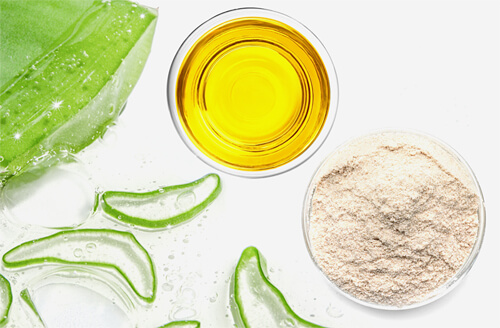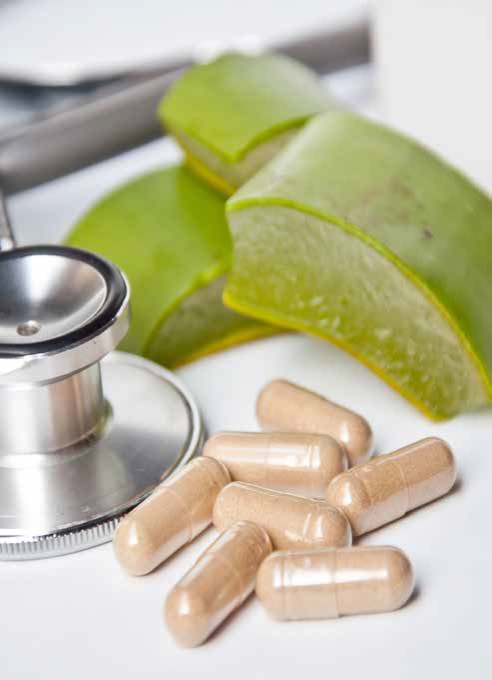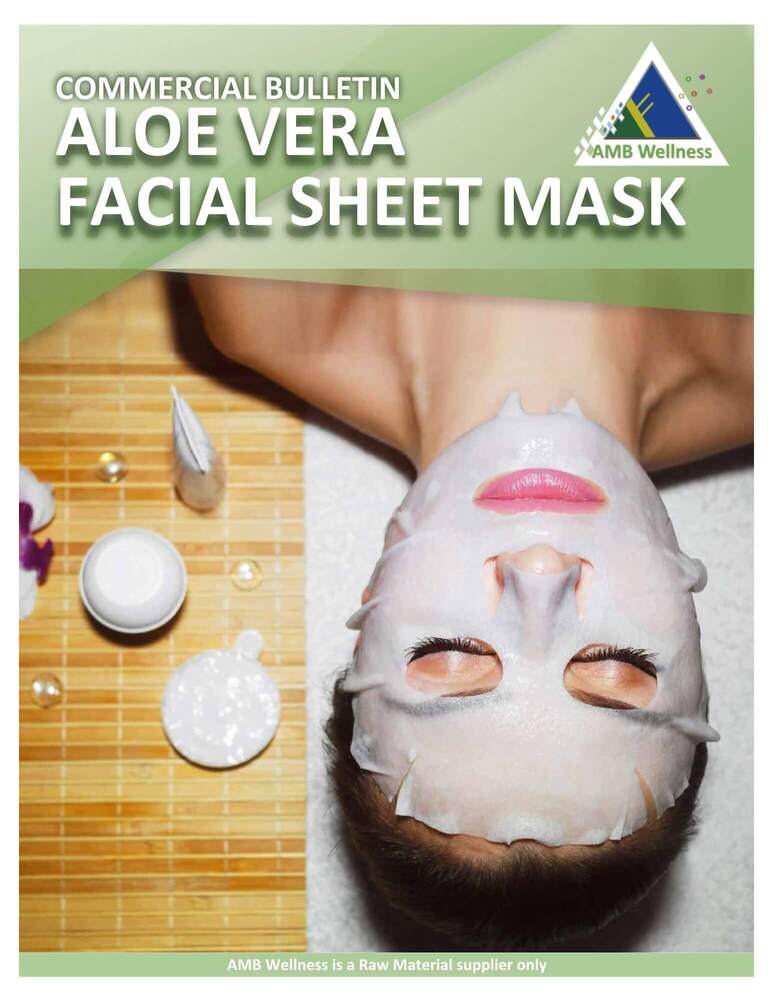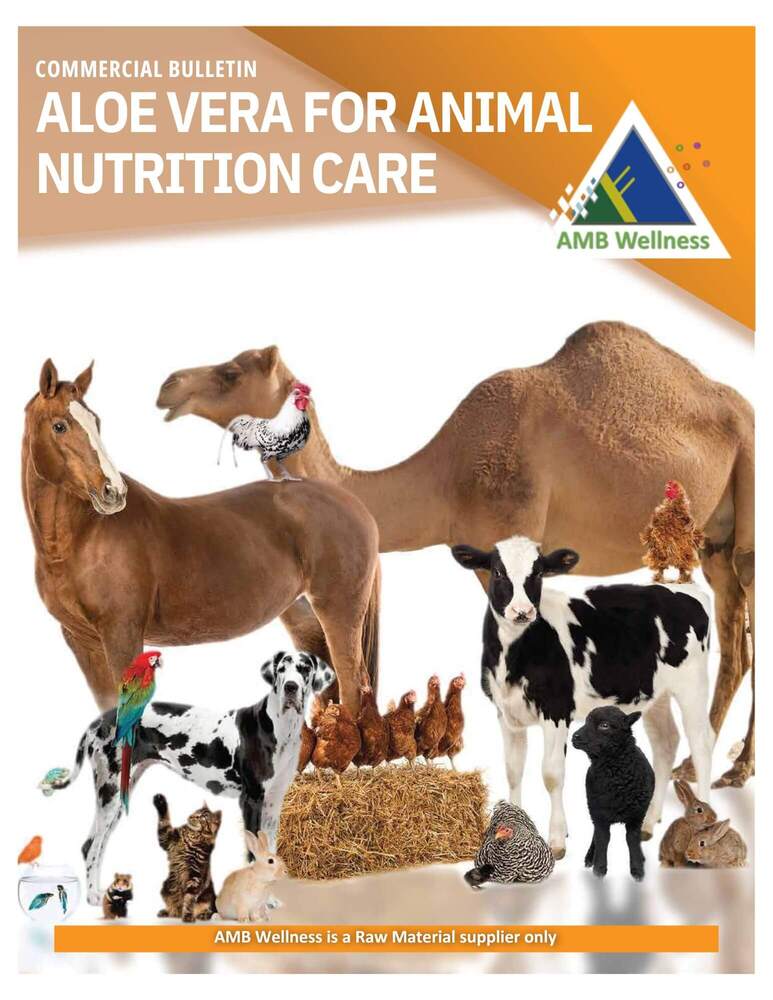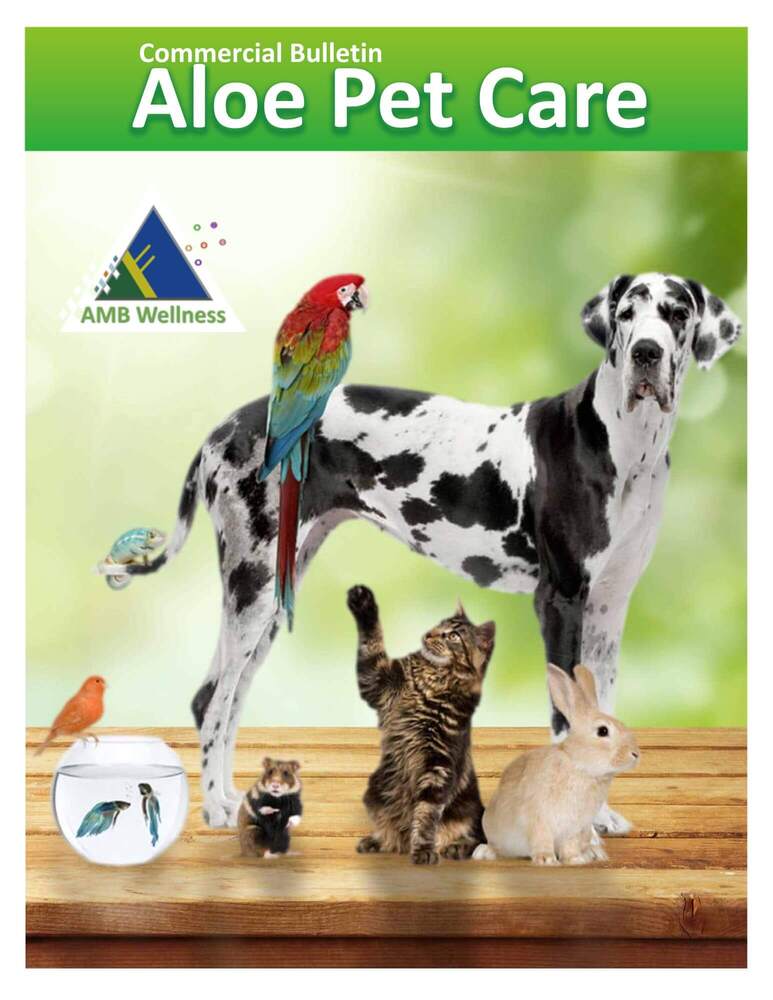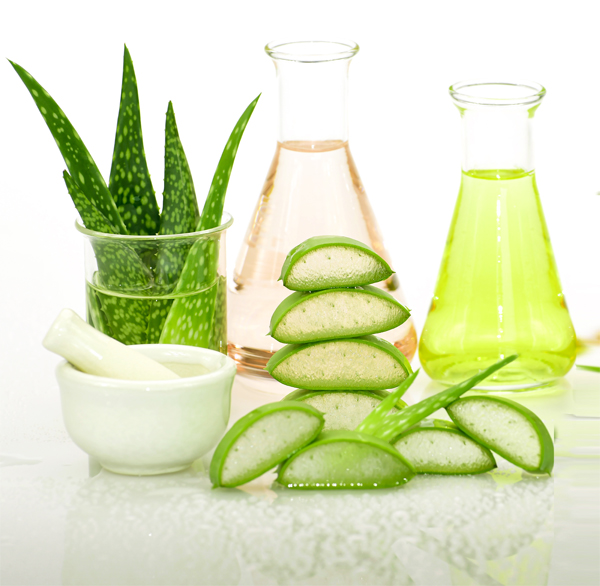Author Vandana, K.R.; Yalavarthi, P.R.; Sundaresan, C.R.; Sriramaneni, R.N.; Vadlamudi, H.C.
Drug loading capacity, flux, in-vitro permeation, paws edema, percentage inhibition, stability, nimesulide emulsion for incorporation in Aloe vera gel base to formulate nimesulide Aloe vera transemulgel, anti-inflammatory studies, use of nimesulide is banned for oral administration, due to its potential for inducing hepatotoxicity and thrombocytopenia, the use of nimesulide for topical delivery is prominent in the treatment of many inflammatory conditions including rheumatoid arthritis. The drug loading capacity of transdermal gels is low for hydrophobic drugs such as nimesulide. Nimesulide can be effectively incorporated into emulgels (a combination of emulsion and gel). Aloe vera has a mild anti-inflammatory effect and in the present study Aloe vera gel was formulated and used as a gel base to prepare Aloe vera transemulgel, the emulgels thus prepared were evaluated for viscosity, pH, in-vitro permeation, stability and skin irritation test. In-vivo anti-inflammatory studies were performed using carrageenan induced hind paw edema method in Wistar rats, effective permeation of nimesulide from Aloe vera transemulgel (53.04 %) was observed compared to CNG (44.72 %) at 30 min indicating better drug release from Aloe vera transemulgel. Topical application of the emulgel found no skin irritation. Stability studies proved the integrity of the formulation. The percentage of inhibition of edema was highest for the prepared Aloe vera transemulgel (67.4 % inhibition after 240 min) compared to CNG (59.6 %). From our results, it was concluded that the Aloe vera gel acts as an effective gel base to prepare nimesulide emulgel with high drug loading capacity (86.4 % drug content) compared to CNG (70.5 % drug content) with significant anti-inflammatory effect.

